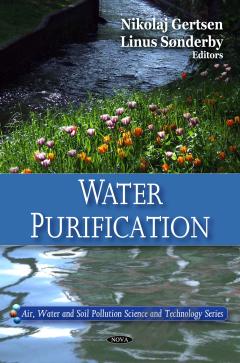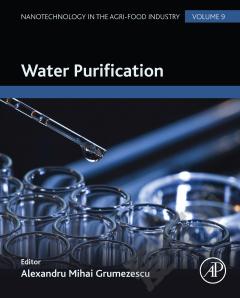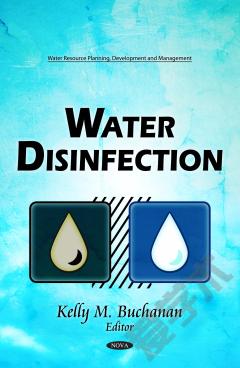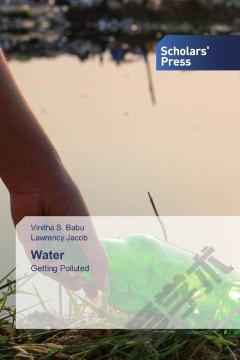Water Purification
Water purification is the process of removing undesirable chemical and biological contaminants from raw water. The goal is to produce water fit for a specific purpose. Most water is purified for human consumption (drinking water) but water purification may also be designed for a variety of other purposes, including to meet the requirements of medical, pharmacology, chemical and industrial applications. In general, the methods used include physical process such as filtration and sedimentation, biological processes such as slow sand filters or activated sludge, chemical process such as flocculation and chlorination and the use of electromagnetic radiation such as ultraviolet light. The purification process of water may reduce the concentration of particulate matter including suspended particles, parasites, bacteria, algae, viruses, fungi; and a range of dissolved and particulate material derived from the minerals that water may have made contacted after falling as rain. This new book gathers the latest research from around the globe in this field.
{{comment.content}}








 京公网安备 11010802027623号
京公网安备 11010802027623号